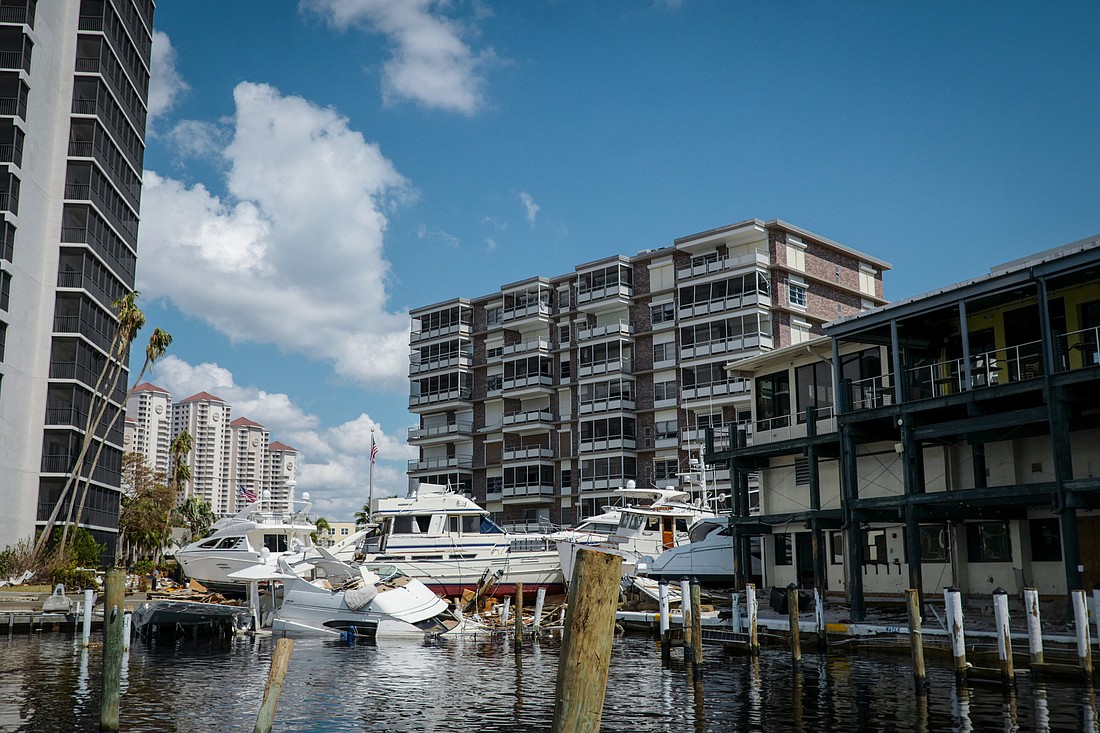- January 11, 2025
-
-
Loading

Loading

Florida’s legislators are expected to gather in Tallahassee next month for a special session to deal with the state’s teetering property insurance industry, the second time it has met to tackle the issue this year.
The dates are tentatively set for Dec. 12-16, though as of Friday, Nov. 25, Gov. Ron DeSantis has not issued a formal declaration.
Senate President Kathleen Passidomo, R-Naples, says in a statement that the special session will be held “to address the challenges still facing our state’s insurance market and ensure residents whose homes are uninhabitable get a break on property taxes.”
According to Florida Politics, a popular newsletter for the state’s clued-in political class and its observers, House Speaker Paul Renner, R-Palm Coast, says the session is aimed at getting more private insurers into the property insurance marketplace and to pass reforms that “will shore up the market and put downward pressure on premiums over time.”
Florida’s property insurance woes have been widely documented as high attorney fees, uncertainty and rising claims from storms have caused an ever-increasing number of insurers to either become insolvent or refuse to write policies in the state.
What the dwindling number of options and rising property insurance rates have done is sent property owners to state-run Citizen Property Insurance Group for coverage.
This is a problem because Citizen was created to be the property insurer of last resort. Despite that, the insurer has seen it policy load double in two years. As of Oct. 31, Citizen had 1.1 million policies in place. A year earlier, October 2021, it had 725,942 policies in place. And in October 2020, it had 521,289 policies in place.
Critics say lawsuits — and the lawyers who bring them — are one of the biggest, if not the biggest, obstacle for insurance companies doing business in Florida and are largely to blame for so many insurers leaving or refusing to write policies in the state.
A legislative special session in May addressed the issue and led to a bipartisan reform package that capped what attorneys can charge and increased consumer protections.
Among the provisions included in the package were measures creating a new standard for the application of attorney fee multipliers and limiting the assignment of attorney’s fees in property insurance cases. Those were designed to help cut down on frivolous lawsuits.
The package also provided $2 billion for reinsurance relief through the Reinsurance to Assist Policy program, $150 million for homeowners to get grants for hurricane retrofitting and required insurance companies to give a “reasonable” explanation on why a claim was denied.
Some industry insiders — insurance agents, insurance companies, associations — say that first special session addressed some of the underlying issues but did not go far enough.